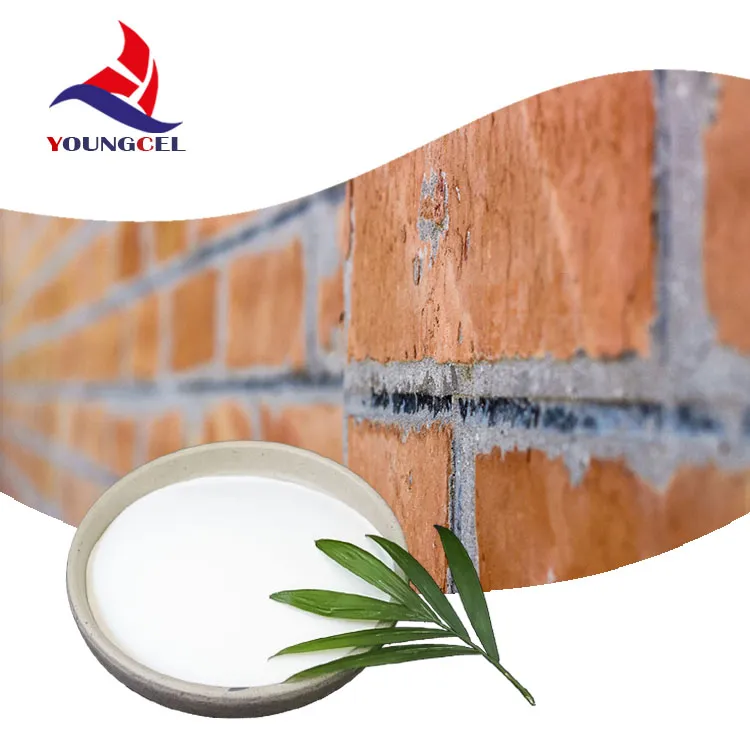Understanding Adhesion Additives Enhancing Performance in Coatings and Materials
Adhesion additives play a crucial role in various industries, particularly in coatings and materials science. These additives are specialized chemical agents designed to enhance the adhesion properties of coatings to substrates, ensuring improved performance, durability, and aesthetic appeal. As demand for high-quality, long-lasting products continues to rise, the importance of adhesion additives becomes increasingly clear.
Understanding Adhesion Additives Enhancing Performance in Coatings and Materials
Typically, adhesion additives come in various forms, such as surfactants, polymers, or silanes. Surfactants help reduce the surface tension of a coating, allowing it to flow more freely and establish an optimal contact angle with the substrate. This reduced tension leads to improved coverage and adhesion to difficult surfaces. Similarly, certain polymers can enhance the mechanical interlocking between a coating and substrate, further promoting adhesion.
adhesion additive

One of the most common types of adhesion additives is silane coupling agents. Silanes have the unique ability to bond with both organic and inorganic materials, making them suitable for a diverse array of applications. They create a chemical bond that bridges the gap between organic coatings and the inorganic substrates, such as metals or glass. This not only enhances adhesion but also improves resistance to moisture, chemicals, and other environmental factors.
In addition to improving adhesion, many additives also impart other beneficial properties to coatings. For example, they can enhance weather resistance, flexibility, and overall durability. This multifaceted approach to formulation allows manufacturers to tailor coatings for specific applications, be it automotive paints, industrial coatings, or protective finishes.
Environmental considerations also drive the development of adhesion additives. With stringent regulations on VOC emissions and the push for eco-friendly products, manufacturers are increasingly focusing on developing water-based adhesion additives. These sustainable alternatives provide efficient adhesion while minimizing environmental impact, without compromising on performance.
In conclusion, adhesion additives are indispensable in the pursuit of high-quality coatings and materials. By improving adhesion performance and providing additional beneficial properties, these additives help meet the demands of various industries. As technology advances, we can anticipate further innovations in adhesion additives, leading to even more efficient and eco-friendly solutions in the ever-evolving landscape of materials science.
-
The Application and Significance of Construction RdpNewsMay.19,2025
-
Industrial Grade HpmcNewsMay.19,2025
-
Building Coating Adhesive Building Coating Adhesive HpmcNewsMay.19,2025
-
Application Of Hpmc For Detergent For Detergent In DetergentsNewsMay.19,2025
-
Application Of Hpmc Cellulose In Cement-Based MaterialsNewsMay.19,2025
-
Application Of High Quality Hpmc For Construction In The Field Of ConstructionNewsMay.19,2025




